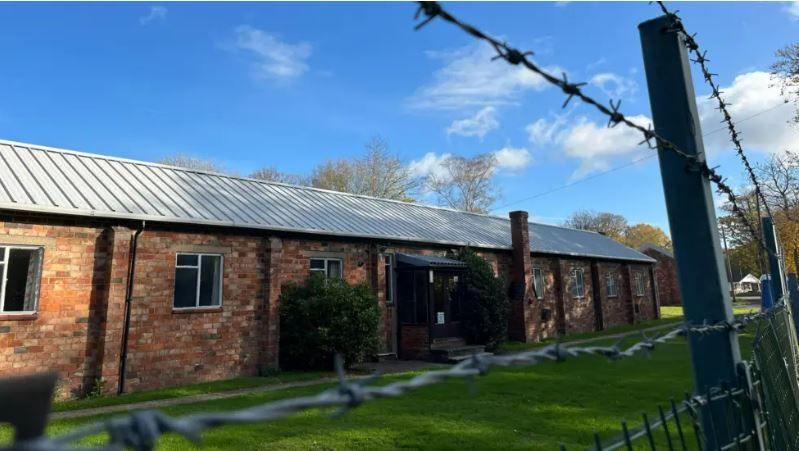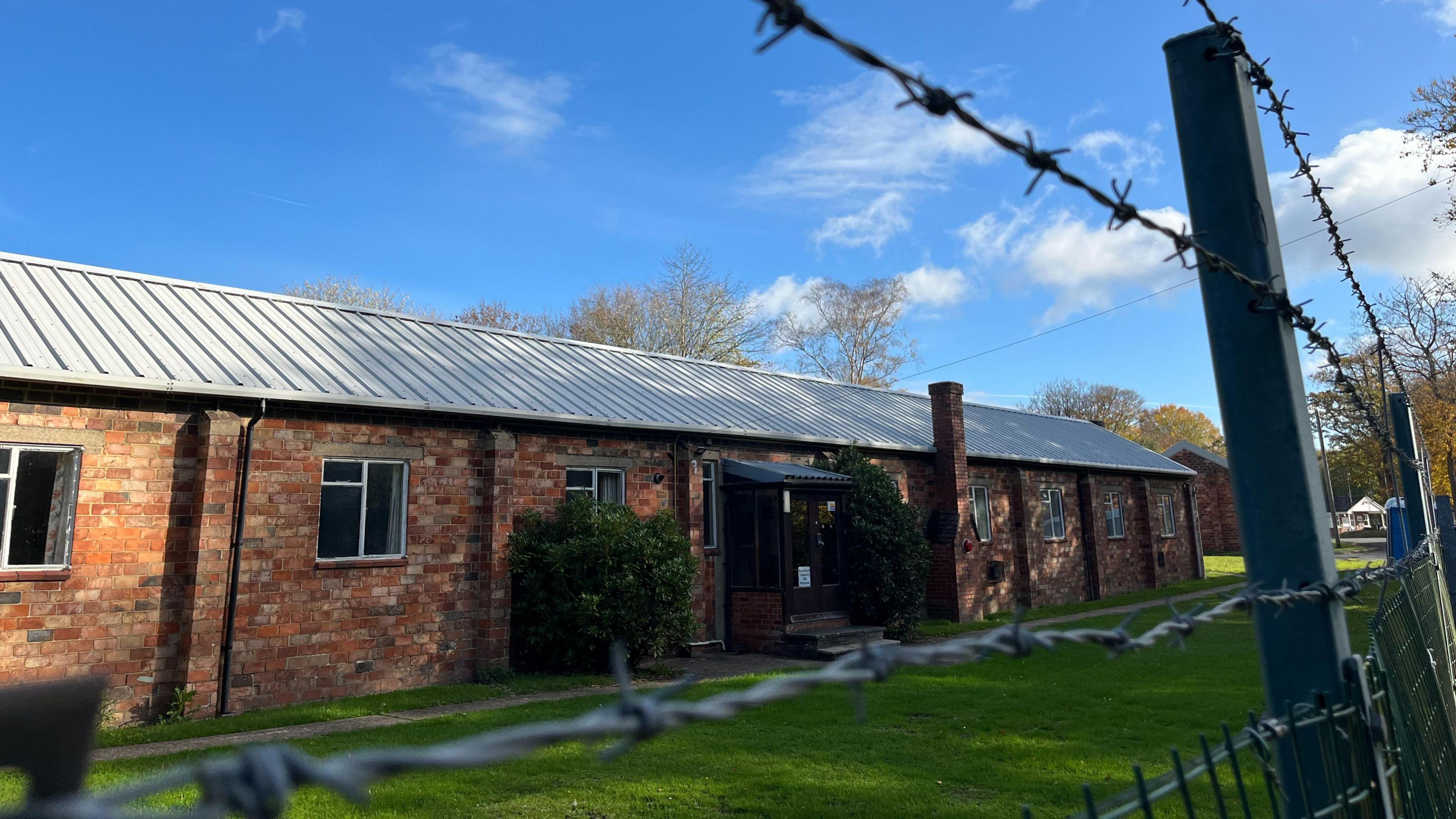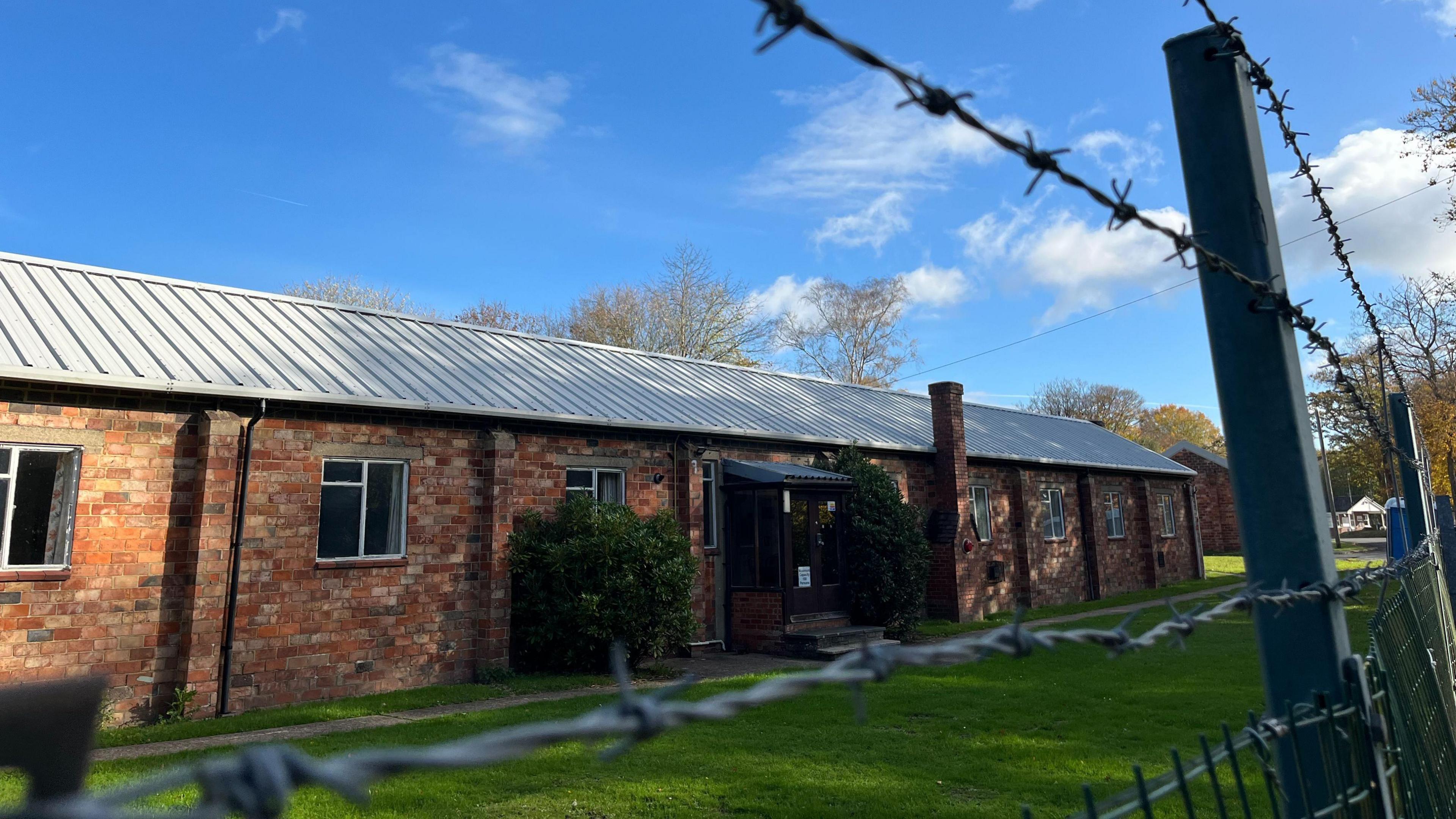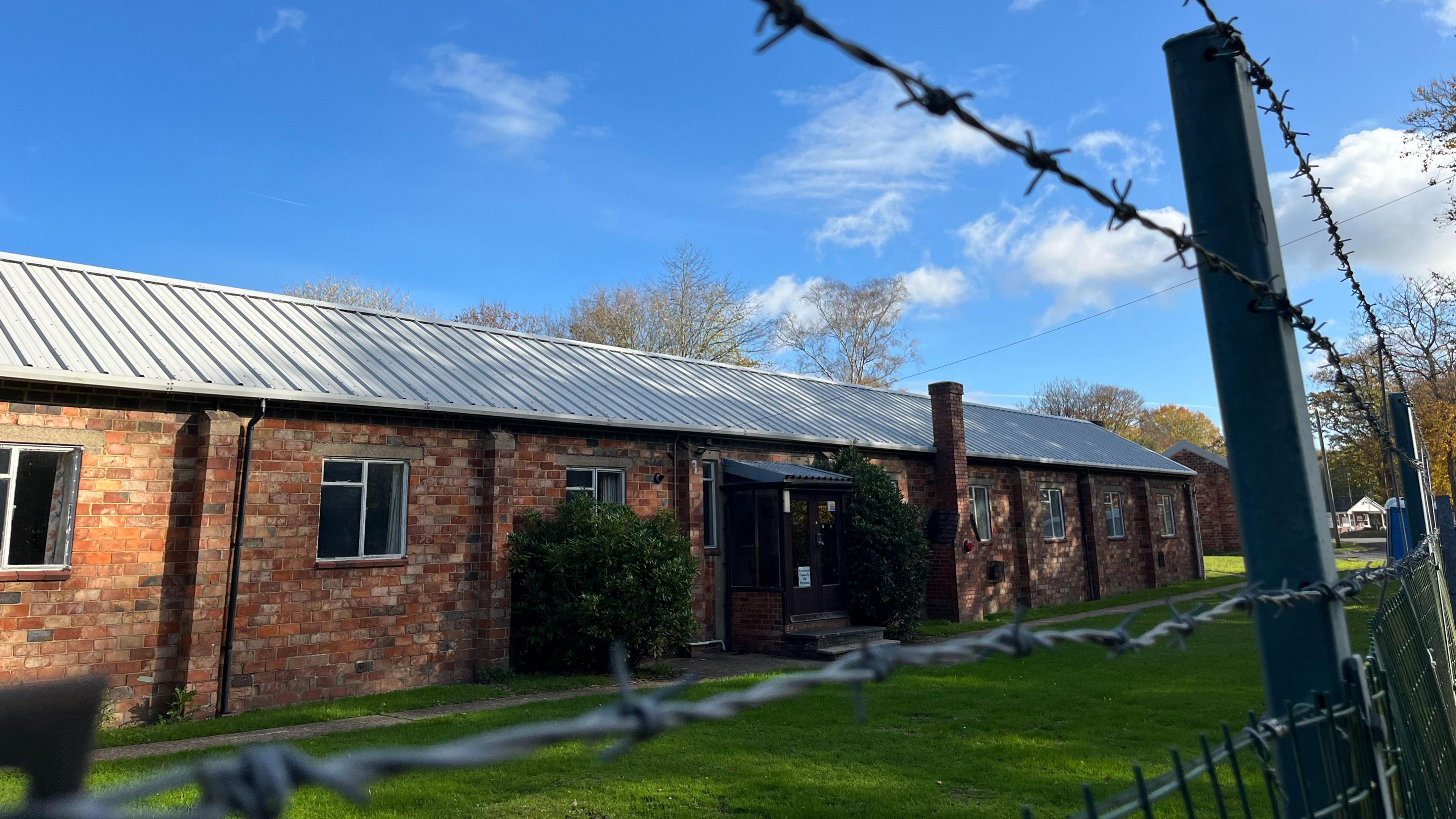Asylum seekers to register with Sussex GPs

The Home Office said military sites were being considered with the aim of reducing the impact on communities
- Published
The NHS has confirmed that asylum seekers placed in an army camp in East Sussex will be registered with GPs in the county.
In October the Home Office announced that 600 people would temporarily be housed at a training camp on the outskirts of Crowborough.
The Home Office said military sites were being considered with the aim of reducing the impact on communities and delivering better outcomes for taxpayers.
A spokesperson for NHS Sussex said it was working to ensure "the immediate and urgent health needs of this community are supported, without impacting on health and care services available for all residents of Sussex".

The NHS is legally required to provide healthcare services to asylum seekers
The NHS is legally required to provide healthcare services to asylum seekers.
NHS Sussex said that in line with this requirement, it was "developing plans for a specific health service for this community".
The BBC understands this would be a service, mainly focused on primary care services, and offered on site, as well as virtual.
Individuals would be registered with Sussex GPs for specialist care but primary care support would be provided through the service.
Wealden District Council has previously called on the Home Office to reverse the plans, claiming it had "totally failed" to engage with the community or provide assurances around safeguarding for both asylum seekers and residents.
The local authority raised concerns about "staffing at the camp, police provision and the additional strain on already overstretched public services".
A government spokesperson told the BBC it was "furious at the level of illegal migrants and asylum hotels".
"We are working closely with local authorities, property partners and across-government so that we can accelerate delivery," said the spokesperson.
It added that NHS treatment was prioritised by clinical need, not asylum status.
"NHS organisations are encouraged to engage with vulnerable groups of people who would otherwise fail to seek help when they need it, and in some cases, this may include asylum seekers," it said.
"This early intervention work is important in ensuring people access any necessary treatment when they need it in the most appropriate setting, rather than presenting with a more serious condition at a later stage and placing further burden on urgent care services such as A&E."
Follow BBC Sussex on Facebook, external, on X, external, and on Instagram, external. Send your story ideas to southeasttoday@bbc.co.uk, external or WhatsApp us on 08081 002250.
- Published4 November

- Published3 November

- Published28 October
